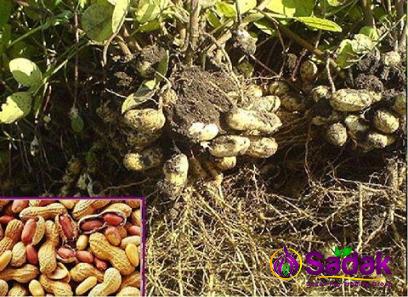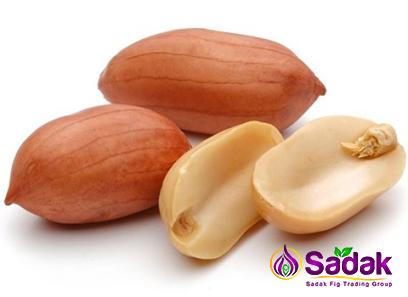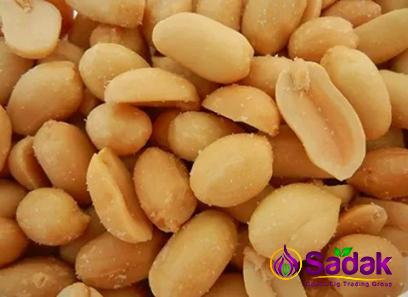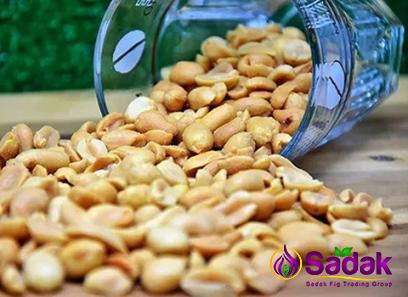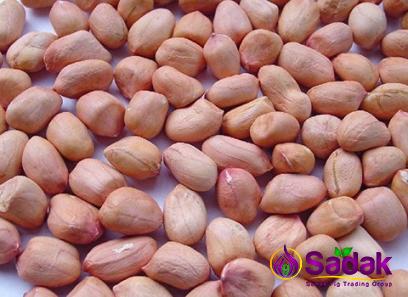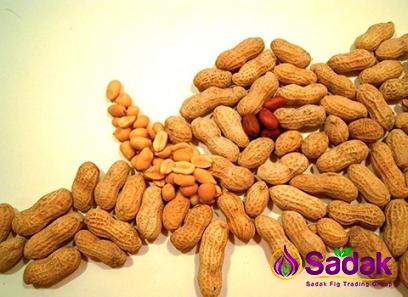India is one of the largest producers and exporters of cashew nuts in the world, with the cashew industry playing a vital role in the country’s economy. Known for its high-quality cashew kernels and wide variety of cashew-based products, India has established itself as a global leader in the cashew nut industry. This article provides insights into the cashew nut industry in India, covering its growth, production, processing, exports, challenges, and future prospects.
1. The Growth of the Indian Cashew Nut Industry:
The cashew nut industry in India has experienced significant growth over the years, driven by several factors such as favorable climatic conditions, ample availability of raw materials, and increasing global demand. Additionally, government support and initiatives to boost cashew cultivation and processing have also contributed to the industry’s expansion.
2. Cashew Nut Production:
India possesses suitable agro-climatic conditions, especially in the coastal regions of Maharashtra, Goa, Kerala, Tamil Nadu, Karnataka, and Odisha, which are conducive to cashew cultivation. The country accounts for around 20% of global cashew production, with annual output reaching approximately 6,00,000 metric tons.
3. Cashew Nut Processing:
The processing of cashew nuts involves several steps including grading, shelling, drying, peeling, and packaging. The industry in India has modernized its processing techniques and machinery, ensuring high-quality output and adherence to international standards. A significant portion of cashew nuts produced in India is processed domestically, with a substantial share also being exported.
4. Cashew Nut Export:
India is a significant exporter of cashew nuts, catering to both domestic and international markets. The export market is primarily driven by demand from the United States, the European Union, the Middle East, and Southeast Asia. India’s cashew exports have witnessed steady growth over the years, with the country capturing a sizeable share of the global market.
5. Value-Added Cashew Products:

Apart from cashew nuts, India also specializes in producing a wide range of value-added cashew products such as cashew butter, cashew oil, cashew nut shells, cashew-based sweets, and confectioneries. The industry has embraced innovation and diversification to cater to different customer preferences and expand its product portfolio.
6. Employment Generation:
The cashew nut industry is a significant source of employment in India, especially in the rural areas where cashew plantations are concentrated. The industry provides employment to a large number of workers, offering them opportunities for skill development and income generation.
7. Challenges Facing the Industry:
Despite its growth and success, the cashew nut industry in India faces various challenges. Some of the significant challenges include variations in raw material prices, scarcity of labor, pest and disease management, quality control issues, and market fluctuations. Additionally, competition from other cashew-producing countries also poses a challenge to India’s cashew industry.
8. Government Initiatives:
The Indian government has taken several initiatives to support and promote the cashew nut industry. These include schemes for research and development, funding assistance, training programs for farmers and processors, quality standards, and export promotion strategies. These initiatives aim to uplift the industry, enhance productivity, ensure quality, and drive exports.
9. Future Prospects and Opportunities:
The future of the cashew nut industry in India looks promising, with rising demand and expanding export markets. Opportunities for growth lie in diversification, value addition, the adoption of technology and innovation, improved supply chain management, and increasing domestic consumption. The Indian cashew industry is well-positioned to capitalize on these prospects and emerge as a global leader in the cashew nut sector.
Conclusion:
The cashew nut industry in India has transformed into a thriving sector, contributing significantly to the country’s economy. With favorable climatic conditions, successful cultivation, advanced processing techniques, and high-quality products, India has positioned itself as a key player in the global cashew nut market. By addressing challenges and leveraging government support, the industry has immense potential for further growth and success in the coming years.1. Market Overview:
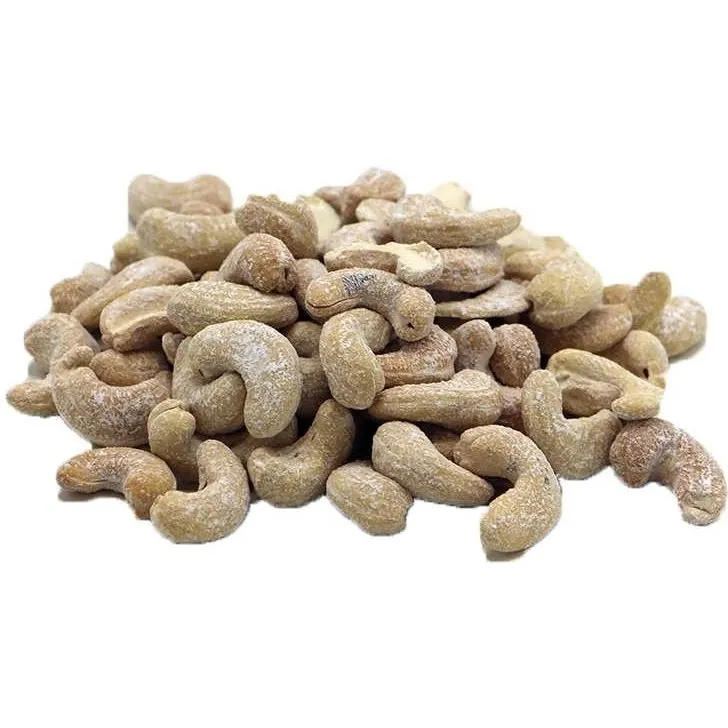
The cashew nut industry in India has experienced significant growth and has established itself as a dominant player in the global market. The industry has leveraged its competitive advantages, including favorable agro-climatic conditions, high-quality production, and advanced processing techniques, to capture a substantial share of the international market. India’s cashew nuts are highly sought after for their superior taste, quality, and consistency, making them a preferred choice for consumers worldwide.
2. Export Opportunities:
India’s cashew nut exports have witnessed steady growth over the years, offering lucrative opportunities for businesses in the industry. The United States, the European Union, the Middle East, and Southeast Asia are the primary export destinations for Indian cashew nuts. The demand for healthy snacking options and the increasing popularity of plant-based diets have further contributed to the growth of the export market. By tapping into these export opportunities, businesses can expand their reach and contribute to the industry’s growth.
3. Processing Technology and Innovation:
The adoption of advanced processing technology and innovation has been instrumental in propelling the Indian cashew nut industry forward. The industry has invested in modern machinery and equipment to enhance processing efficiency and ensure consistent quality. Additionally, innovative techniques, such as vacuum frying and roasting, have been employed to develop value-added cashew products with unique flavor profiles. Businesses that prioritize technology and innovation can gain a competitive edge in the industry by offering differentiated products and improving operational efficiency.
4. Sustainable Practices:
Sustainability has gained prominence in the global business landscape, and the cashew nut industry in India is no exception. Stakeholders across the value chain are increasingly focusing on sustainable practices to minimize environmental impact and promote social responsibility. This includes implementing responsible farming practices, adopting eco-friendly processing methods, and supporting the welfare of farmers and workers. Businesses that prioritize sustainability can enhance their brand reputation and attract environmentally conscious consumers.
5. Quality Control and Certification:
Ensuring consistent quality is paramount in the cashew nut industry. To meet international standards and gain consumer trust, businesses must implement robust quality control measures throughout the production and processing stages. Furthermore, obtaining certifications such as ISO, HACCP, and Organic certification can open doors to premium markets and strengthen business credibility, both domestically and internationally.
6. Investment Opportunities:
The thriving cashew nut industry in India presents attractive investment opportunities for both domestic and international investors. These opportunities span across the entire value chain, from cashew cultivation and processing to manufacturing value-added products. Investments in state-of-the-art machinery, infrastructure development, and research and development initiatives can help businesses capitalize on the industry’s growth potential.

7. Supply Chain Management:
Efficient supply chain management is crucial in the cashew nut industry to ensure timely delivery, minimize wastage, and maintain product quality. Businesses must focus on streamlining processes, optimizing logistics, and strengthening relationships with growers and suppliers. By establishing a robust supply chain network, businesses can enhance their competitiveness and respond effectively to market demands.
8. Government Support and Policies:
The Indian government has been actively supporting the cashew nut industry through various policies and initiatives. These include providing subsidies for cashew plantations, facilitating access to credit, offering research and development grants, and implementing export promotion programs. Businesses can leverage these government support measures to strengthen their operations and explore new growth avenues.
9. Challenges and Mitigation Strategies:
The cashew nut industry in India faces some challenges, including price volatility, scarcity of skilled labor, and the need for effective pest and disease management. To mitigate these challenges, businesses can adopt risk management strategies, such as hedging against price fluctuations and investing in training programs to upskill the workforce. Collaboration with research institutions and agricultural experts can also help develop sustainable pest and disease management solutions.
10. Domestic Consumption and Retail Trends:
While India is a prominent exporter of cashew nuts, there is a growing market for cashew-based products domestically. The changing dietary preferences, increased disposable income, and rising health consciousness among consumers have led to a surge in demand for healthy and nutritious snacks. Businesses can tap into this market by developing innovative cashew-based products and leveraging retail trends, such as e-commerce platforms and health food stores.
11. Promoting Brand India:
The Indian cashew nut industry can further strengthen its position in the global market by marketing and promoting “Brand India”. Emphasizing the country’s rich heritage of cashew cultivation and processing, coupled with its commitment to quality and sustainability, can help build a strong brand identity. Collaborative marketing initiatives, participation in international trade fairs, and establishing direct relationships with buyers can enhance India’s image as a reliable and preferred supplier of cashew nuts.
12. Future Outlook:

The future of the cashew nut industry in India appears promising, driven by increasing global demand, favorable market conditions, and technological advancements. By embracing innovation, sustainability, and quality focus, businesses can capitalize on growth opportunities and continue to expand their footprint in the domestic and international markets. With the right strategies and investments, the Indian cashew nut industry is poised for a prosperous future.
Conclusion:
The cashew nut industry in India has emerged as a powerhouse, commanding a significant global market share. With its superior quality, advanced processing techniques, and favorable agro-climatic conditions, India has firmly established itself as a key player in the cashew nut industry. Businesses that prioritize quality, innovation, sustainability, and market responsiveness can unlock the industry’s immense growth potential and contribute to India’s position as a leading cashew nut producer and exporter.


